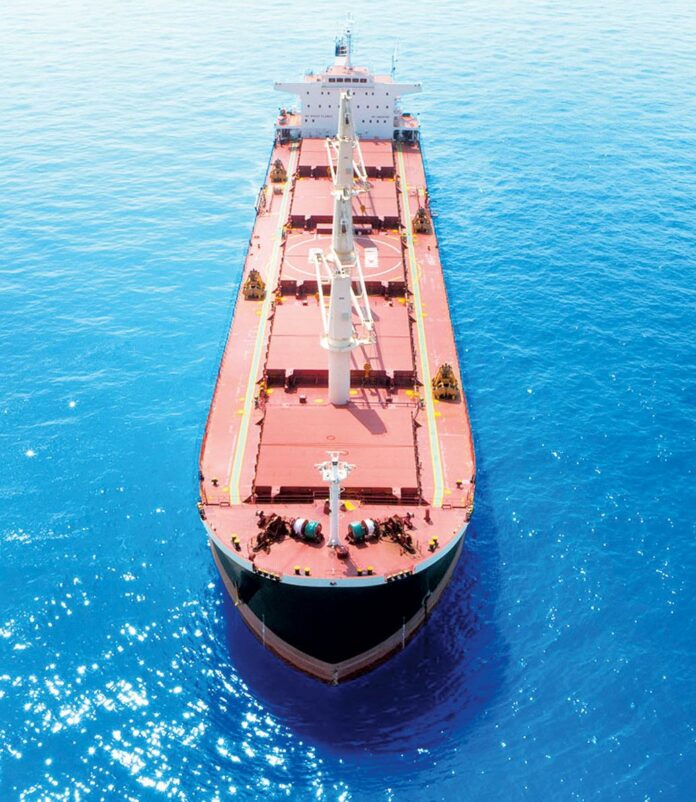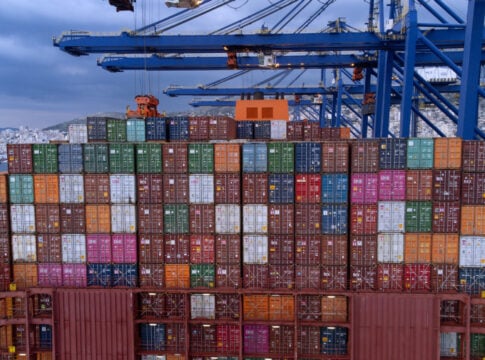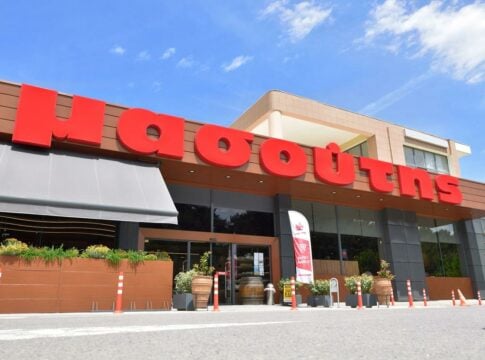In 2023, the Greek shipowners purchased bulk carriers and sold tankers, as part of their strategy to renew their fleets.
Their strategy was mainly focused on selling older tonnage and replacing it with new and modern ships.
This is confirmed, after all, by the spectacular increase in orders for new ships signed last year.
The numbers also indicate the different tactics of the Greeks in each of the two markets.
On the one hand, they prefer used ships to new ships in dry cargo, as the orderbook is still low and the “green” transition is a more complex and gradual process.
On the other hand, in liquid cargo, the positive long-term outlook urged them to build more ships, while the momentum of high values, after the Russo-Ukrainian war, also favored sales.
Sales-Purchases Agreements
Alexander Karalis Koerbel, broker in Optima Shipping Services, told “Naftemporiki” that Greek shipowners strengthened their fleets with 194 bulkers and tankers in the 12-month period of 2023.
Domestic shipping companies’ deals are down about 17% year-on-year, which is attributed to significantly fewer tanker purchases.
However, the Greeks closed the balance of purchases/sales with a positive sign, reversing the trend of the first half of last year.
This is attributed to the fact that in the period January-December 2023 they sold a total of 173 ships, the vast majority of which are of course tankers.
It is noted that until last June, the sales of the Greek shipping companies significantly exceeded the purchases, but then they changed course and increased the speed of deals.
Bulk Carriers
Looking at each purchase separately, Greek shipowners acquired a total of 152 dry bulk vessels last year, accounting for 23% of the activity internationally.
In particular, 661 bulk carriers “changed hands” globally in 2023. Greek truck purchases rose 4.1% compared to 2022. It is noted that Greek shipowners sold 59 trucks during the period under review.
In terms of purchases, the main focus of Greek companies was handysize bulkers with agreements for 46 vessels, followed by panamaxes/kamsarmaxes with 43.
At the same time, they strengthened their fleets with 27 capes, but also 23 ultramaxes and 13 supramaxes.
On the other hand, they sold 19 panamaxes/kamsarmaxes, 15 supramaxes, 12 handysize bulkers, 9 capes and 4 ultramaxes.
According to a recent research by “Naftemporiki”, Greek shipowners ordered 90 bulkers in 2023, compared to 40 in 2022 (+125%).
Tankers
In the tanker sector, Greek shipowners bought a total of 42 ships and sold 114. The Greeks carried out massive sales of mainly older tonnage, taking advantage of the spectacular rise in market values.
It is indicative that the 114 sales correspond to 22.4% of the tankers that changed “hands” internationally in the market, 509 in number.
However, companies slowed purchases significantly, with last year’s deals down 67% year-on-year.
Of course, Greek shipowners turned last year mainly to shipbuilding to strengthen their fleets. From January to December 2023, they signed deals for 123 newbuild tankers, compared to just 37 in 2022.
Moreover, they bought 14 MR2 tankers, 11 MR1 tankers, 6 panamax/LR1 tankers, 6 aframax/LR2 tankers, 4 suezmaxes and just 1 super tanker (VLCC).
Although more balanced, the sales of Greek shipowners were mainly focused on small and medium sizes.
The lion’s share was held by MR2 tankers and aframaxes/LR2 tankers with 30 deals in each market.
At the same time, they sold 21 panamaxes/LR1 tankers, 14 VLCCs, 8 MR1 tankers and 8 suezmaxes.














